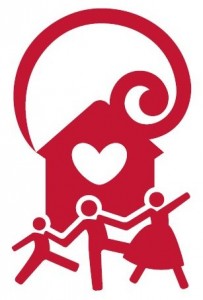The chair plays a key role for any voluntary management committee. They are the one who:
Makes sure the committee are working towards achieving the stated aims of the
association
Ensures the committee are functioning properly
That everyone has the opportunity to participate at meetings
All relevant matters are discussed
Decisions are made, and acted upon
All the work is carried out by the people who agreed to do it
Supports the rest of the committee to complete tasks
Promotes the work of the committee to other individuals and organisations
The role can be time consuming and needs someone who is diplomatic and shows leadership skills.
Critical Duties:
1. To ensure the committee functions properly
The chair is the person who makes sure that the meetings are planned effectively; conducted according to the constitution and any other guidance adopted by the committee; that matters are dealt with in an orderly, effective and efficient manner.
2. Ensure the organisation is managed effectively
In addition to the above they should also make the most of all their committee members skills; lead the ‘team’; manage the performance of the committee, including their own; lead the committee on reviewing all governing documents on a regular basis, and updating as appropriate; encouraging committee members to attend relevant training.
They should also take the lead on ‘succession planning’ – i.e. finding and inducting new
members for the committee.
3. To act as the organisations figurehead
The committee, all members and outside bodies will look to the chair for leadership. This will mean the chair making sure that the association is working within the aims and objectives set out in the governing documents. It also means that the chair, and from time to time other committee members, representing the association at outside meetings and functions; How members do this will have an impact on the reputation of the association.
Quality, Skills and knowledge:
Diplomacy: Includes;
Being tactful
Respecting Confidences
Speaks clearly and clarifies points
Remaining impartial
Good Time Manager: Includes;
Planning and notifying members of meetings in accordance with governing
documents.
Keeping meetings on time and to agenda.
Ensuring decisions and actions are realistic for all.
Delegating appropriately.
People Orientated: Includes;
Is approachable for committee and other members
Is sensitive to the feeling of others
Shows an interest in member’s viewpoints, even if it is different to theirs
Listens carefully to others, without interrupting them or being defensive
Be aware of members who are more reluctant to express their views, and invite
comments
Strategic: Includes;
Has a clear understanding of the organisations aims.
Has an overview of the work the organisation is involved with at any given time.
Has an understanding of key networks that can help the organisation.
Has reasonable experience of committees and how they work.

